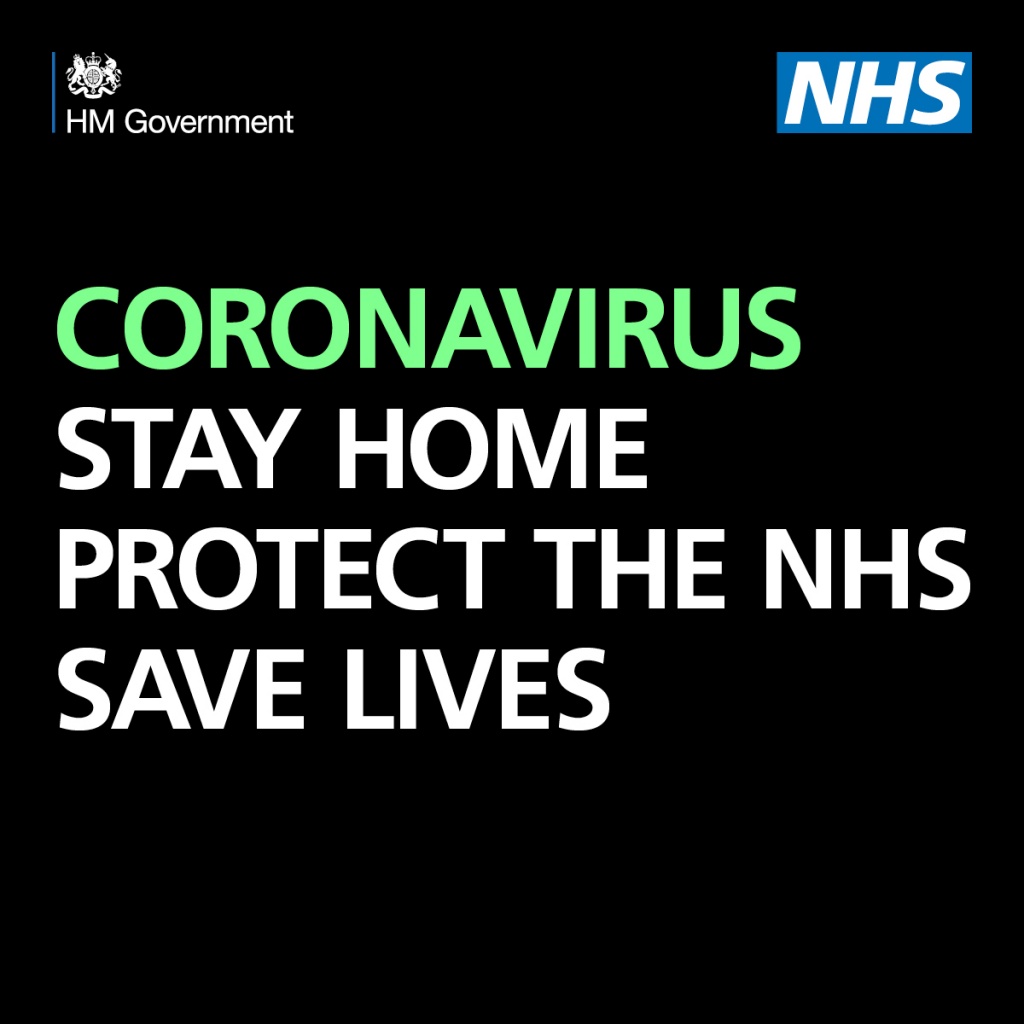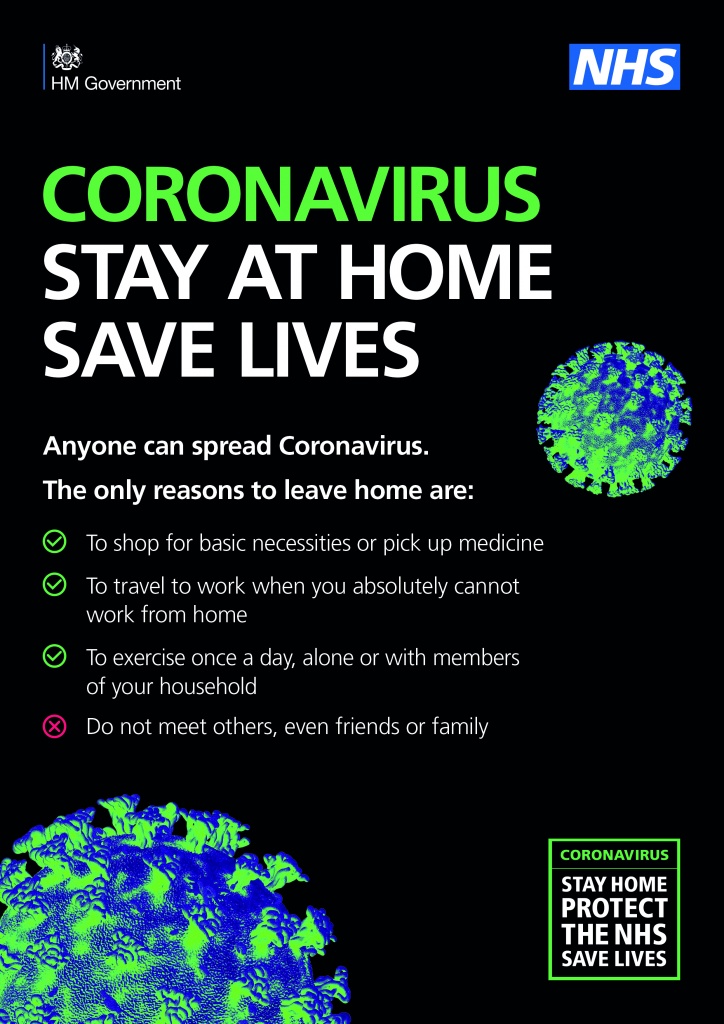
The UK government is taken necessary steps to avoid thousands of prisoners becoming infected, overwhelming local NHS services. This is due to the close proximity between prisoners, who often share cells.
Prisoners who pass the stringent criteria for release will be subject to strict conditions, and will be electronically monitored, including with GPS tags, to enforce the requirement to stay at home.
Risk-assessed prisoners who are within two months of their release date will be temporarily released from jail, as part of the national plan to protect the NHS and save lives.
They can be immediately recalled to prison for breaching these conditions or committing further offences. The releases will be phased over time but can start from next week.
Public protection is paramount. No high-risk offenders, including those convicted of violent or sexual offences, anyone of national security concern or a danger to children, will be considered for release, nor any prisoners who have not served at least half their custodial term. Additionally, no offender convicted of COVID-19 related offences, including coughing at emergency workers or stealing personal protective equipment, will be eligible.
No prisoner would be released if they have symptoms of coronavirus or without housing and health support being in place.
In addition, the Ministry of Justice is working to identify publicly owned sites that could be used to house temporary prison accommodation to ease pressure on the permanent estate, further separate prisoners and reduce the spread of the virus.
Lord Chancellor and Justice Secretary Robert Buckland QC MP said: This Government is committed to ensuring that justice is served to those who break the law.
But this is an unprecedented situation because if Coronavirus takes hold in our prisons, the NHS could be overwhelmed and more lives put at risk.
All prisoners will face a tough risk assessment and must comply with strict conditions, including an electronic tag, while they are closely monitored. Those that do not will be recalled to prison.
Some 88 prisoners and 15 staff have tested positive for COVID-19.
Prison staffs have continued to ensure the effective running of our jails despite around 26% being absent or self-isolating. To further protect them and reduce pressure on prisons, the Ministry of Justice is already:
- Shielding vulnerable prisoners through social distancing measures
- Re-deploying staff, where appropriate, from headquarters into operational roles
- Working with the judiciary to expedite sentencing hearings for those on remand to reduce the numbers being held in custody.

Prisons are moving towards single-cell accommodation as much as possible across the estate to limit the spread of infection and the number of deaths. This follows public health advice that prisons present a unique environment where rapid outbreaks of the virus could place a significant strain on local NHS services.
Strong, further action now will strike the right balance between protecting the public and managing the risk of an escalating situation in prisons.
Steps are being taken to expand the use of electronic monitoring to facilitate the safe release of more low-risk prisoners who were due to leave jail in the next two months regardless.
This means those nearing the end of their sentences will be released in stages on temporary licence, allowing prisons to continue to safely manage vulnerable but higher-risk offenders within the estate.
Statutory Instruments to allow these releases to take place will be laid on Monday and the move aligns us with countries such as France, the United States, Australia, Germany, and Canada who have also sanctioned the early release of prisoners.
France has announced the release of some 5,000 prisoners, while in the US state of California alone, 3,500 are being granted early release.
The Prison Service has already taken decisive action to ensure prisons are complying with social distancing rules and provided alternative means for prisoners to keep in touch with their families after cancelling family visits.
Additionally, the Justice Secretary Robert Buckland granted temporary release of pregnant women in custody, while movements between jails have been limited in all but exceptional cases.
All actions have been informed by the advice of experts from Public Health England and will be kept under constant review.

Kindly follow us on twitter:@AfricanVoice2










